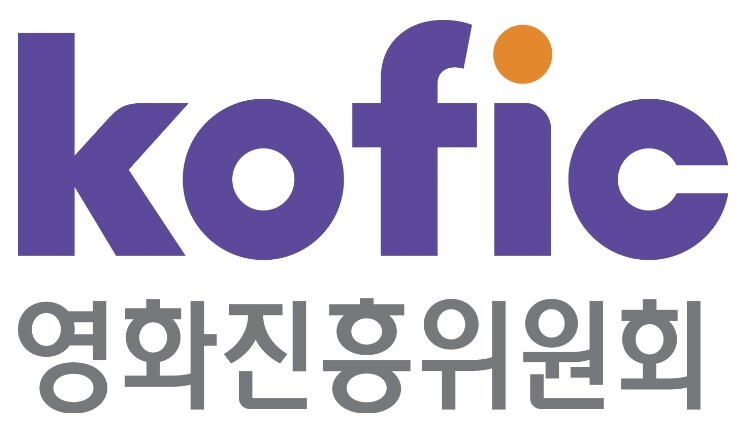KOFIC
In a recent development, the Korean Film Council (KOFIC) has highlighted the crucial role of Korea-ASEAN cooperation in the film industry, while simultaneously pledging to restructure itself to better support and promote Korean films as a state-funded entity.
The Ministry of Culture, Sports, and Tourism publicly criticized KOFIC on June 15, expressing concerns over the organization's lax management, specifically pointing out the mismanagement of a budget totaling 2.4 billion won ($1.86 million) over the past five years, which was intended for the creation of the ASEAN-Republic of Korea Film Organization (ARFO).
In response, KOFIC clarified that the establishment of ARFO is not included in the council's 2024 budget. However, it emphasized its commitment to pursue a similar partnership, emphasizing the importance of bilateral cooperation between Korea and ASEAN in promoting Asian cinema.
While Korean films have garnered international recognition, the local film market faces limitations in its potential for growth. Recognizing this, KOFIC believes that collaboration with other Asian countries is necessary for market expansion and industry development.
A KOFIC executive stated to The Korea Herald on June 16, "China and Japan are countries with self-sufficient film markets. We felt that Korea needs to partner with other Asian countries to grow its market and industry."
The initial plan for ARFO emerged as part of the former Moon Jae-in administration's New Southern Policy, which aimed to strengthen Korea's relations with ASEAN member states starting in 2017. KOFIC began working on the establishment of ARFO in 2018, envisioning a framework for Korea-ASEAN cooperation in various aspects of filmmaking, including filming locations, joint production, overseas funding systems, and film studies.
However, achieving a unanimous agreement among the 10 ASEAN member states proved more challenging than anticipated. Each country had different strengths and goals within their respective film industries, leading to divergent opinions on ARFO. Despite efforts to engage multiple ministries and industry insiders in ASEAN countries, the complexity of decision-making processes and the onset of the COVID-19 pandemic significantly delayed progress in reaching an agreement between Korea and ASEAN.
During the pandemic period, KOFIC redirected its ARFO budget, with approval from relevant ministries and the National Assembly, to support measures for movie theaters impacted by the crisis. These measures included government-issued discount coupons for movie tickets, quarantine services in theaters, and financial assistance for small- and medium-sized production companies.
Despite the setbacks with ARFO, KOFIC remains steadfast in its belief that a partnership between Korea and ASEAN is vital for the advancement of the Asian film industry. This conviction prompted film promoters and industry insiders from seven countries, including Korea, Singapore, the Philippines, Taiwan, Indonesia, Malaysia, and Mongolia, to collaborate and establish the Asian Film Alliance Network (AFAN) during this year's Cannes Film Festival in May. AFAN, an international council, aims to consult on strategies for promoting Asian cinema.
While AFAN operates without government participation, KOFIC views the establishment of this network as a significant step toward fostering business cooperation and planning more comprehensive partnerships in the near future.
As KOFIC undergoes restructuring to better fulfill its role as a state-funded entity supporting Korean films, the organization remains dedicated to fostering regional collaboration and fortifying the Asian film industry as a whole.
Sayart.net
Blue YIM, yimyoungseo1010@naver.com
Related articles
- Rising K-Pop Sensation Tempest Announces First-Ever Concert, Promising Unforgettable Performances
- K-Pop Sensation NMIXX Announces Highly Anticipated Comeback with Enigmatic Single
- Former LOONA Members Set to Debut as Trio, Odd Eye Circle, Under Modhaus Agency
- Stray Kids' "5-Star" Achieves Remarkable Billboard 200 Debut, Solidifying their K-pop Supremacy



















